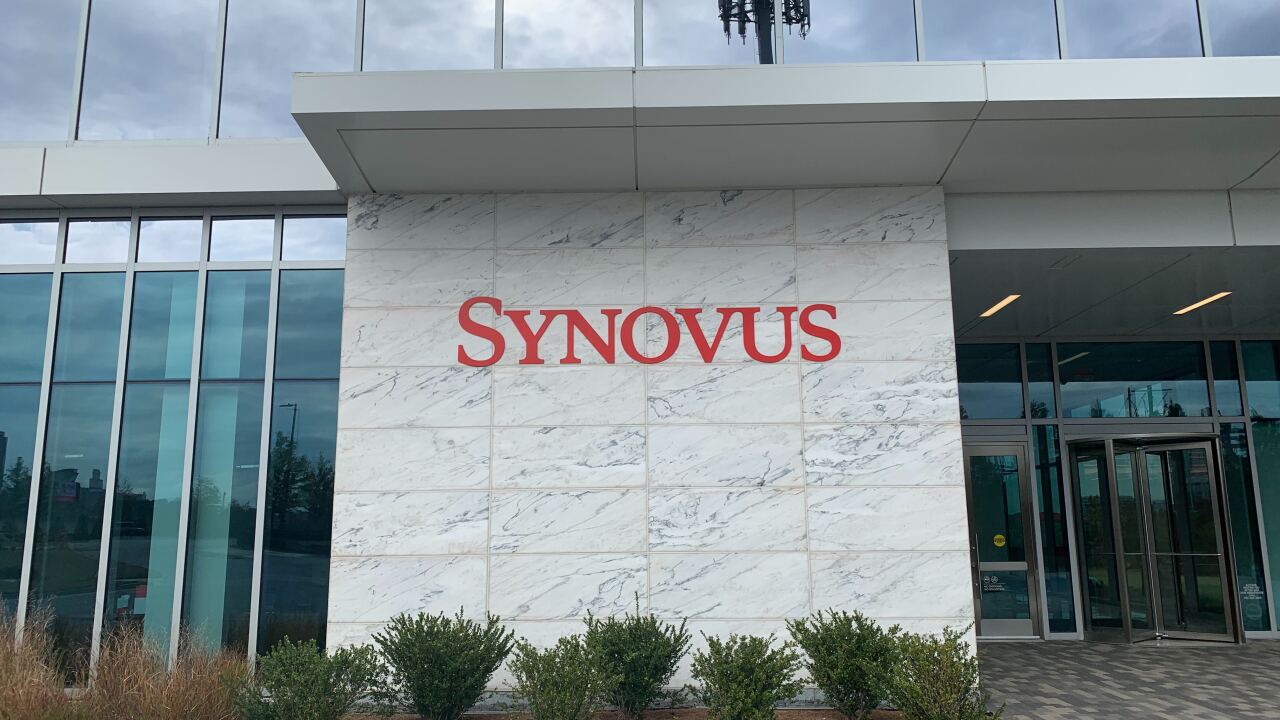Just a little over six months ago, KeyCorp’s investment banking income reached an all-time high as the Cleveland company reaped the rewards of a booming capital markets business.
But what went up has come down. Second-quarter investment banking and debt placement fees fell 31.3% from the year-earlier period to $149 million. That was the second straight quarterly decline, and the second-quarter total was less than half of the record-setting $323 million in the fourth quarter.

Still, the slowdown isn’t changing KeyCorp’s long-term strategy for the capital markets business, Chairman and CEO Chris Gorman told analysts Thursday during the company’s quarterly earnings call. Because pipelines remain strong and the outlook for that business remains positive, the company will keep investing, primarily by adding more bankers to the team.
“We’re playing the long game, and this is a cyclical business,” Gorman said in an interview after the earnings call. “We’ll continue to invest in it. We’re not concerned about one quarter or another.”
KeyCorp, the $187 billion-asset parent company of KeyBank, has not disclosed the number of new bankers it plans to hire for its investment banking segment. Last year, it increased its roster of institutional and commercial bankers by 10%, and at an investor day in March, executives shared plans to increase the number of such bankers by 25% over the next three years.
The bank plans to provide an update on hiring after the third-quarter ends, Gorman said.
The Georgia bank said inflationary pressures and interest rate hikes could erode interest among borrowers, particularly in the commercial real estate business. Total loans grew at a 12% clip in the second quarter.
Fee income overall was
At Key, that category fell 8% year over year to $688 million. The major driver was the slowdown in investment banking revenue, but other contributors included a reduction in the company’s cards and payments fees and lower consumer mortgage revenues.
Compared with the year-earlier period, cards and payments income of $85 million dropped nearly 25%, primarily because of Key’s
Overall, full-year fee income is now projected to decline 10%-12% compared with 2021, KeyCorp executives said Thursday. Previously, the bank had predicted a 4%-6% year-over-year decline.
For the quarter, Key reported net income of $504 million, down 27.8% from the prior year, in part because of additional provisions for credit losses. Its provision in the second quarter was $45 million, compared with a release of $222 million a year earlier.
Earnings per share totaled 54 cents, beating the average estimate of analysts polled by FactSet Research Systems by 3 cents.
During the quarter, Key opened up
“While early, we are very encouraged with the response to our expanded offering,” he said on the call. “Nurses represent a sizable demographic looking for differentiated, personalized financial products and services, and Laurel Road has the unique opportunity to meet these needs.”
Key has plans to eventually offer Laurel Road to other segments of health care workers, and someday to professionals in other targeted industries, Gorman said in the interview.
“I want to be really, really good in health care before we take on any other areas,” Gorman said. “But once we have the blueprint for health care, we will look at other industries.”






